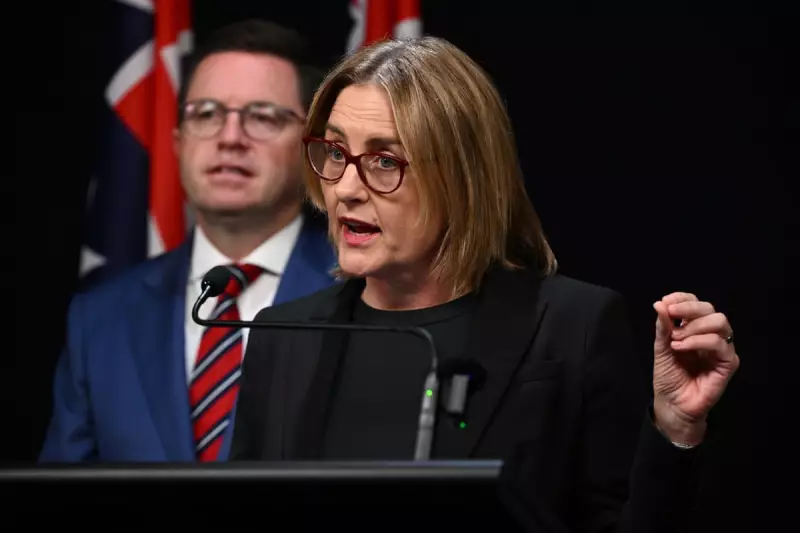
The Victorian government under Premier Jacinta Allan has unveiled controversial new youth justice legislation that's drawing fierce criticism from legal experts, children's advocates, and even some of the government's own previous positions.
What the new laws entail
Under the proposed changes, children as young as 14 will face adult sentencing in Victoria's county court for specific serious offences. The legislation covers five key crimes: aggravated home invasion, home invasion, intentionally causing injury in circumstances of gross violence, recklessly causing injury in circumstances of gross violence, and aggravated carjacking.
The reforms represent a significant hardening of Victoria's approach to youth justice. The county court will gain the power to impose prison sentences of up to 25 years for aggravated home invasion and aggravated carjacking, compared to the current maximum of three years in the children's court. The changes would also lift the maximum sentence for these offences from 25 years to life imprisonment for anyone aged 14 and over.
Political backlash and expert condemnation
The legislation has been widely condemned by numerous organisations and experts. The National Children's Commissioner, the Law Council of Australia, and even the conservative Institute of Public Affairs have united in opposition, arguing that the evidence shows investment in crime prevention is more effective than longer prison sentences.
Critics point to the government's own recent history as particularly contradictory. Just last year, the same government raised the age of criminal responsibility, with Police and Crime Prevention Minister Anthony Carbines stating during his second reading speech that "disproportionate criminal justice interventions actually increase rather than decrease the risk of offending for children and young people."
Carbines further argued at the time that "community safety is best served through prioritising diversion wherever possible and appropriate" and that "lasting results are only achieved by addressing the underlying causes of offending."
Political strategy or genuine reform?
Analysis suggests the policy shift appears driven more by political calculation than evidence-based policymaking. Reports indicate that many in cabinet first learned about the proposal just an hour before their meeting, and while the government has already printed promotional material with its "adult time for serious crime" slogan, the actual laws haven't been written yet.
The timing is significant, with the state election approaching next year. The move appears designed to pre-empt expected law-and-order campaigns from the Coalition opposition, following a playbook similar to Queensland's LNP government.
Less than 1% of Victoria's population is responsible for 40% of all offending, according to recent crime statistics, creating public pressure for solutions. Premier Allan highlighted this public concern by reading from an email during her press conference describing a violent home invasion that left a husband stabbed three times.
However, critics argue that genuine political leadership requires addressing the underlying causes of youth crime rather than implementing harsh sentencing measures that evidence suggests may actually increase reoffending rates.





